Splinterlands is a digital, collectible card game grounded on blockchain technology and inspired by games like Magic the Gathering and Hearthstone, where players make a collection of cards with different attributes and battle other players in skill-grounded matches. It's a game where players can buy, vend, and trade their digital means just like they do with physical trading card games like Magic the Gathering, Pokemon, and Yu- Gi- Oh! Splinterlands was created when players lost the capability to truly enjoy their means( or trading cards) when games went digital. Blockchain technology, it allows players to enjoy and trade their digital means. This allows the game true failure and translucency, meaning that all cards in Splinterland have an empirical force and literal record. players can increase their standing. There's no strike to playing ranked battles as a freshman as players rated below 100 don't lose ranking points. Battles are fought between players of analogous strength. When matched with an opponent, both players choose a set of six monster cards and a summoner card to battle to destroy all of their opponent's monster cards and win the battle.
Although the game is free-to-play, players must purchase the Summoner's Spellbook for $10 if they want to fully unlock the game. With the Summoner's Spellbook, players gain access to their account keys and unlock the ability to earn Dark Energy Crystals, which can be redeemed for real currency. Splinterlands launched in May 2018 and SPS launched its governance token Splintershards (SPS) for Decentralized Autonomous Organizations (Alexandria/glossary/decentralized-autonomous-organizations-dao) (DAO) at the end of July 2021. It concluded a $6.6M private token sale for 3.6% of the SPS token supply. After reaching 100,000 players in the first three years, it added 50,000 more in just one month from June 2021. Splinterland plans to build its game in the latter half of 2021, with Oracle integration planned for Q1 2022.
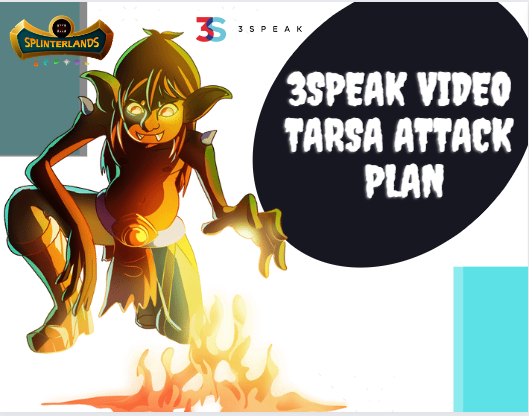
.gif)
This is one of the best battery rules of today

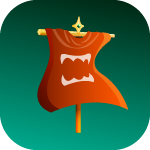
the standard gameplay rules
and mechanics.
.gif)
I'm going to start the battle now

Above are screenshots of how I set up the cards. Here is a screenshot of what cards my opponent will use to attack me on top of my cards.
.gif)
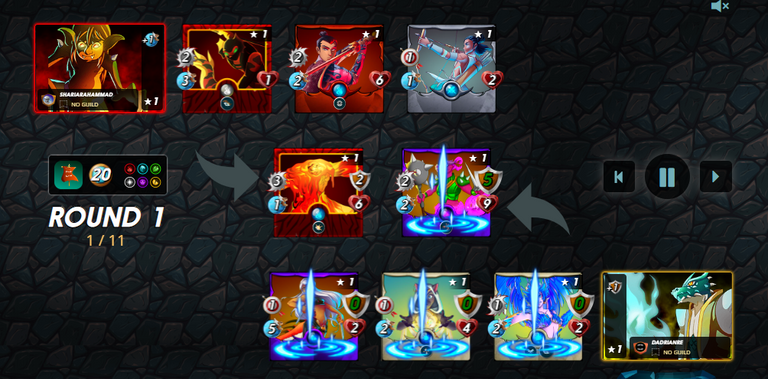
.gif)
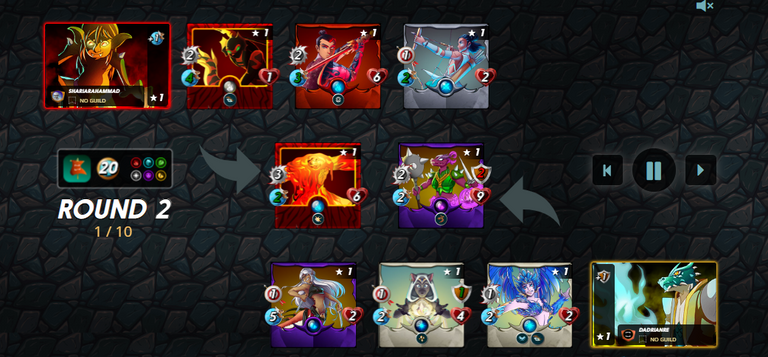
.gif)
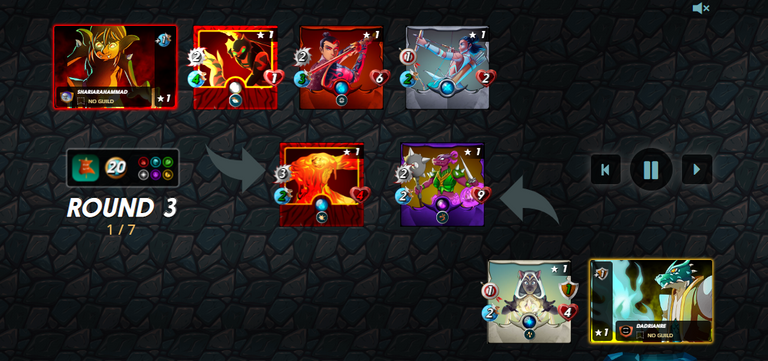
.gif)
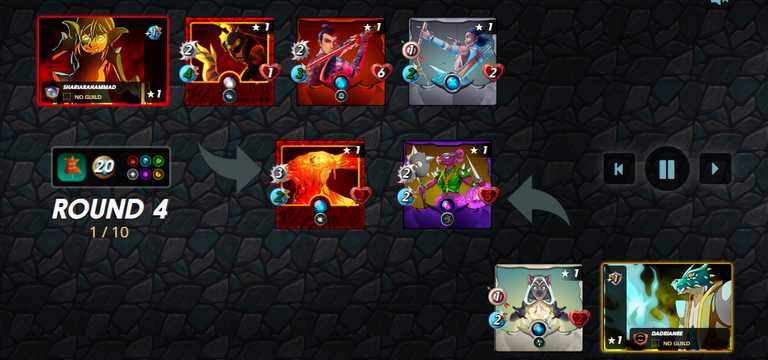
.gif)

Jesse Reich and Matthew Rosen, who go by the names "Agrod" and "Yabapmat" on the Splinterlands Discord server, are the two founders. Both are from the Pennsylvania area. While Rich was a former scientist and chemistry professor with no professional gaming experience prior to Splinterland, Rosen worked as a developer on both RockYou and Rising, albeit not blockchain-based, gaming projects. In total, the Splinterlands team consists of 12 employees, according to their LinkedIn page.
Splinterland aims to capitalize on the growing demand for blockchain-based games that offer the possibility of owning unique digital assets. At the end of July 2021, it closed a private round at $6.6 million for just 3.6% of the entire token supply.
Splinterlands runs on the Hive blockchain, meaning all the action in the game is recorded on the blockchain. This provides Splinterlands with a transparent record of all game actions, including battle outcomes, ensuring fairness and transparency. Players have a base set of cards and can buy booster packs or specific cards from other players.
These cards can be leveled up and used in battles against other players. In these ranked battles, players compete for Dark Energy Crystals (DEC), Splinterlands' in-game currency. DEC can be used to buy in-game items or trading cards from other players in the Splinterland market. DECs are tradable between players and on third-party exchanges.
DEC's usefulness will continue to grow as more features are added to the game. The Splintershards (SPS) token will serve as a DAO on the Binance Smart Chain platform. The SPS token is a governance token that will integrate with the Splinterland game, giving players the option to influence decisions about the game and ecosystem. Players can also propose their own changes, such as changing the tournament schedule, changing battle settings, or making changes to the DEC inflation pool.
The team decided against Ethereum because gas fees on Ethereum have become prohibitively high, limiting the number of people who can participate. BSC has fast transaction times and low transaction fees, as well as the function of porting smart contracts to Ethereum, making future moves possible. secure consensus-process via BSC Proof-of-Stake consensus process).
24 validators are elected every 21 hours to validate transactions and maintain blockchain security. These validators need to share a certain amount of BNB coins with Binance to be eligible to do so. SPS token holders will be able to participate in smart contracts to participate in their SPSK governance vote. While SPS tokens reside on BSC, the game itself resides on the Hive blockchain. Interactions between the two will be handled by oracles, who will be users or entities selected by SPS holders who are tasked with relaying relevant information from the game to the Binance Smart Chain. It is technically the best solution to minimize transaction fees while optimizing the gaming experience. In-game-related actions reside in Hive, but conversions to SPS tokens will be relayed by Oracle.
.gif)
I Used The Cards Name
| Pyre | Living Lava | Serpentine Spy | Tenyii Striker | Xenith Archer |
|---|

The cards used by my opponent
| Drake of Arnak | Djinn Chwala | Celestial Harpy | Venari Crystalsmith | Naga Assassin |
|---|

.gif)
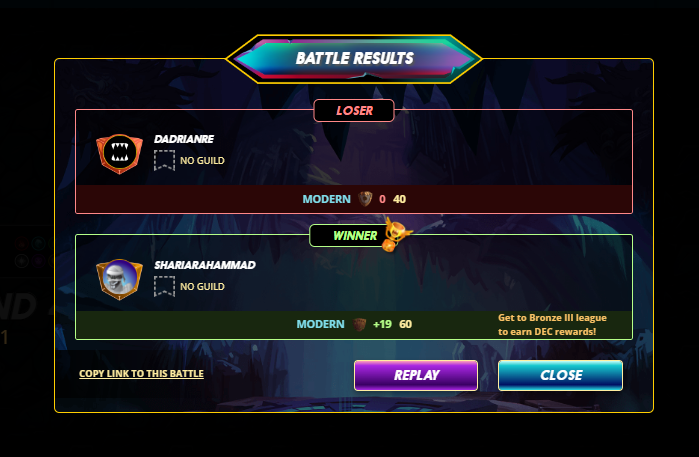
.gif)
▶️ 3Speak

.png)
.png)
Congratulations, your post has been upvoted by @visualblock curation account